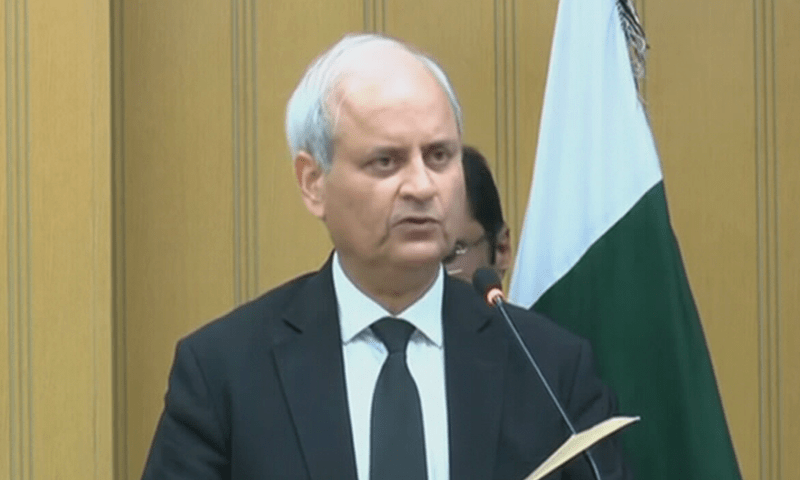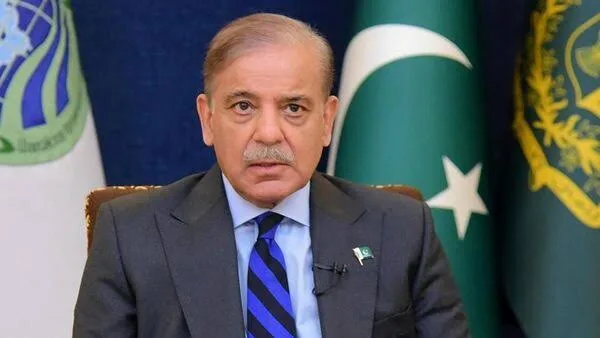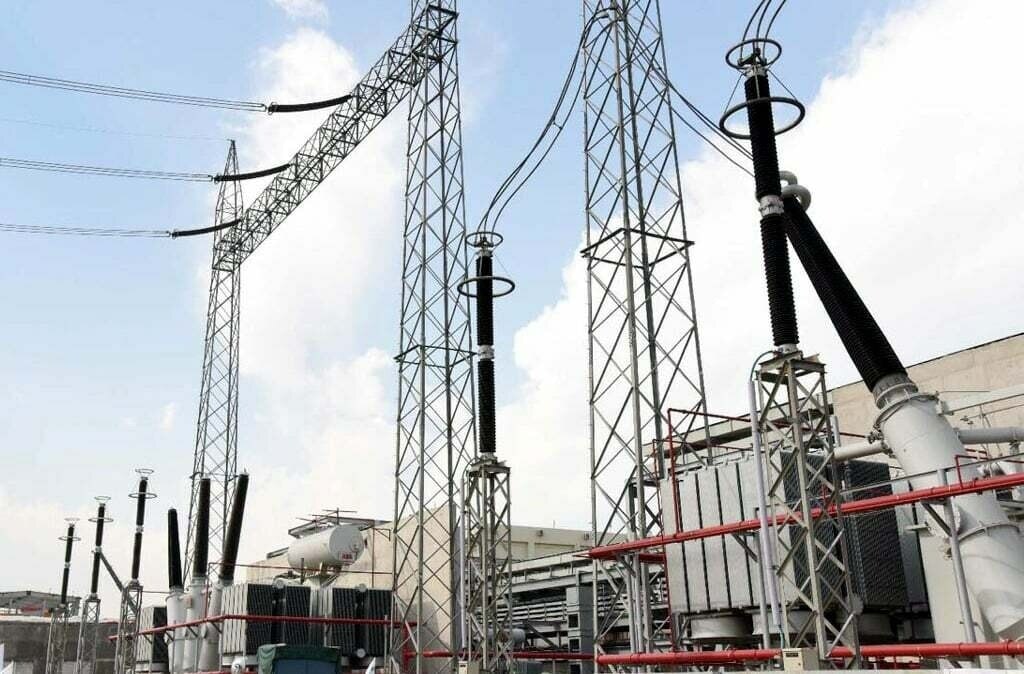In a candid address at an event in Lahore, Chief Justice Malik Shahzad Ahmad of the Lahore High Court (LHC) expressed serious concerns regarding interference in judicial affairs by certain institutions, sparking a contentious debate within Pakistan’s legal framework.
Chief Justice Malik Shahzad Ahmad began by acknowledging the unfortunate historical backdrop of judicial interference in Pakistan, referencing the infamous Moulvi Tamizuddin case and its lingering effects. He disclosed receiving numerous complaints, both written and verbal, alleging undue interference in the judiciary by unspecified entities.
“Many complaints and letters, some conveyed orally, suggest interference in judicial matters by certain institutions,” Justice Ahmad stated, refraining from explicitly naming these entities but implying their influential role in judicial processes.
Despite these challenges, Justice Ahmad expressed satisfaction that the judiciary continues to discharge its duties impartially and fearlessly. He cited recent incidents, including claims made by a judge of a Sargodha Anti-Terrorism Court (ATC) regarding external pressures.
The ATC judge, in a formal complaint, asserted his readiness to endure any sacrifice to uphold justice, emphasizing his refusal to succumb to external influences. Justice Ahmad underscored the gravity of such allegations, noting similar grievances brought forth by other judicial officers, albeit mostly communicated verbally due to the perceived difficulty in providing tangible evidence.
Recently, the Lahore High Court summoned Punjab Inspector General of Police (IGP) Usman Anwar and other officials following complaints by the presiding judge of the Sargodha ATC regarding alleged harassment by intelligence and law enforcement agencies. The complaint detailed incidents dating back to the judge’s appointment, including intimidating messages and suspicious activities targeting him and his family.
In response to these alarming allegations, the Punjab IG assured the court of a thorough investigation into the matter, acknowledging the seriousness of threats to judicial independence.
The issue of judicial independence and interference gained national attention following a letter from six Islamabad High Court (IHC) judges to the Supreme Judicial Council (SJC) earlier in March. The letter highlighted attempts to coerce judges through the abduction and torture of their relatives and covert surveillance within their residences.
This unprecedented move prompted the Supreme Court to initiate suo motu proceedings, compelling high courts across Pakistan to submit their assessments and recommendations in response to the escalating concerns.




